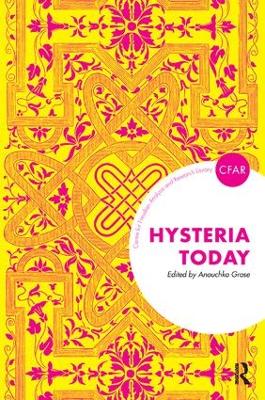The Centre for Freudian Analysis and Research Library CFAR
1 total work
Hysteria, one of the most diagnosed conditions in human history, is also one of the most problematic. Can it even be said to exist at all? Since the earliest medical texts people have had something to say about 'feminine complaints'. Over the centuries, theorisations of the root causes have lurched from the physiological to the psychological to the socio-political. Thanks to its dual association with femininity and with fakery, the notion of hysteria inevitably provokes questions about women, men, sex, bodies, minds, culture, happiness and unhappiness.To some, it may seem extraordinary that such a contested diagnosis could continue to merit any mention whatsoever. Surely we all now know better. Nonetheless, after being discarded by the American Psychiatric Association in 1952, it has continued to make its appearance, not least in later editions of the DSM, in the form of 'hysterical neurosis (conversion type)' or craftily rebranded as 'histrionic personality disorder'. In contrast with the old-fashioned cliche of the cantankerous malingerer, Jacques Lacan has associated the hysteric with the scientist and seeker after truth. Hysteria Today is a collection of essays whose purpose is to reopen the case for hysteria and to see what relevance, if any, the term may have within contemporary clinical practice.Contributors include Vincent Dachy, Anouchka Grose, Darian Leader, Genevieve Morel, Leonardo S. Rodriguez, Colette Soler, and Anne Worthington.
